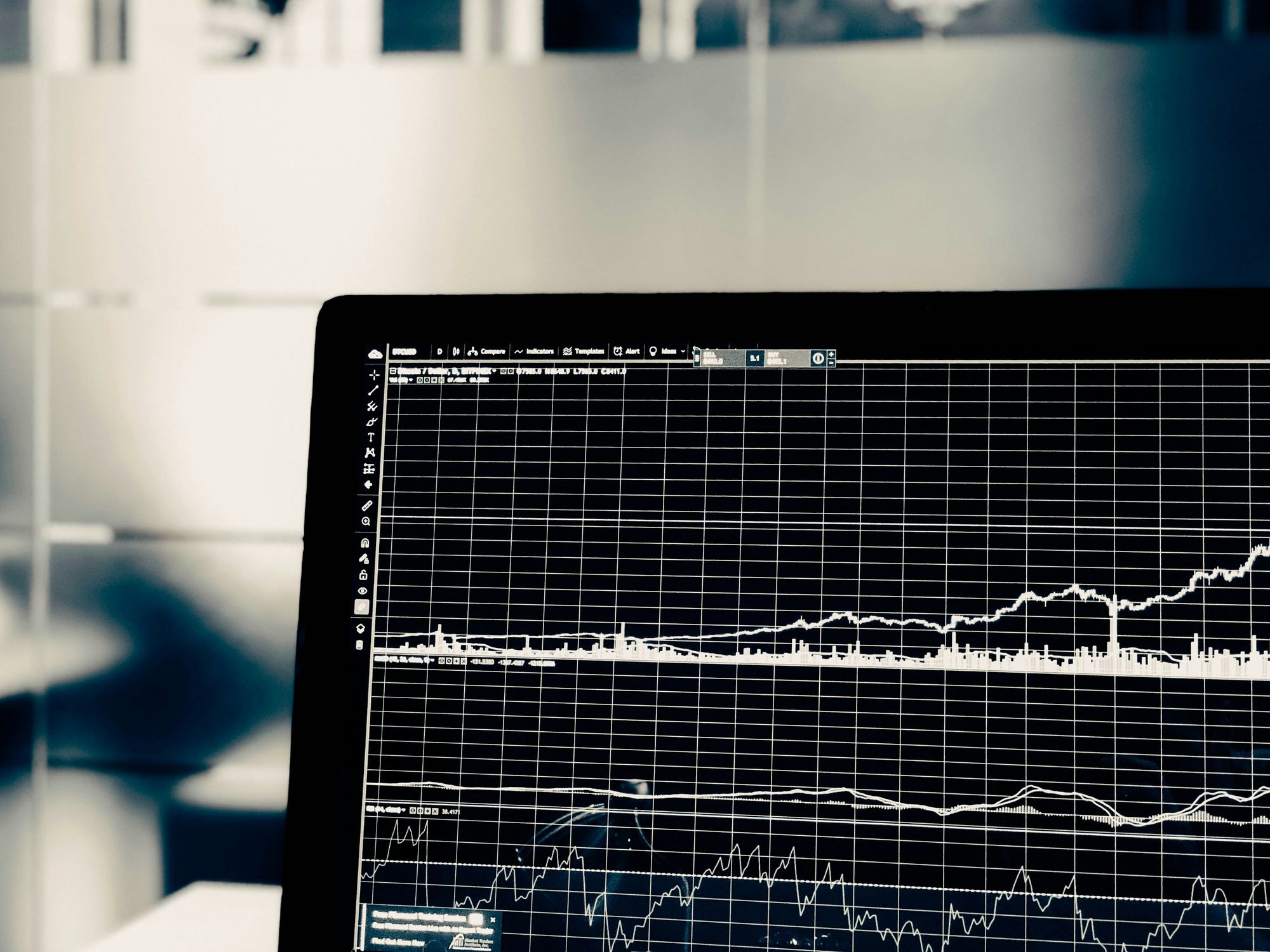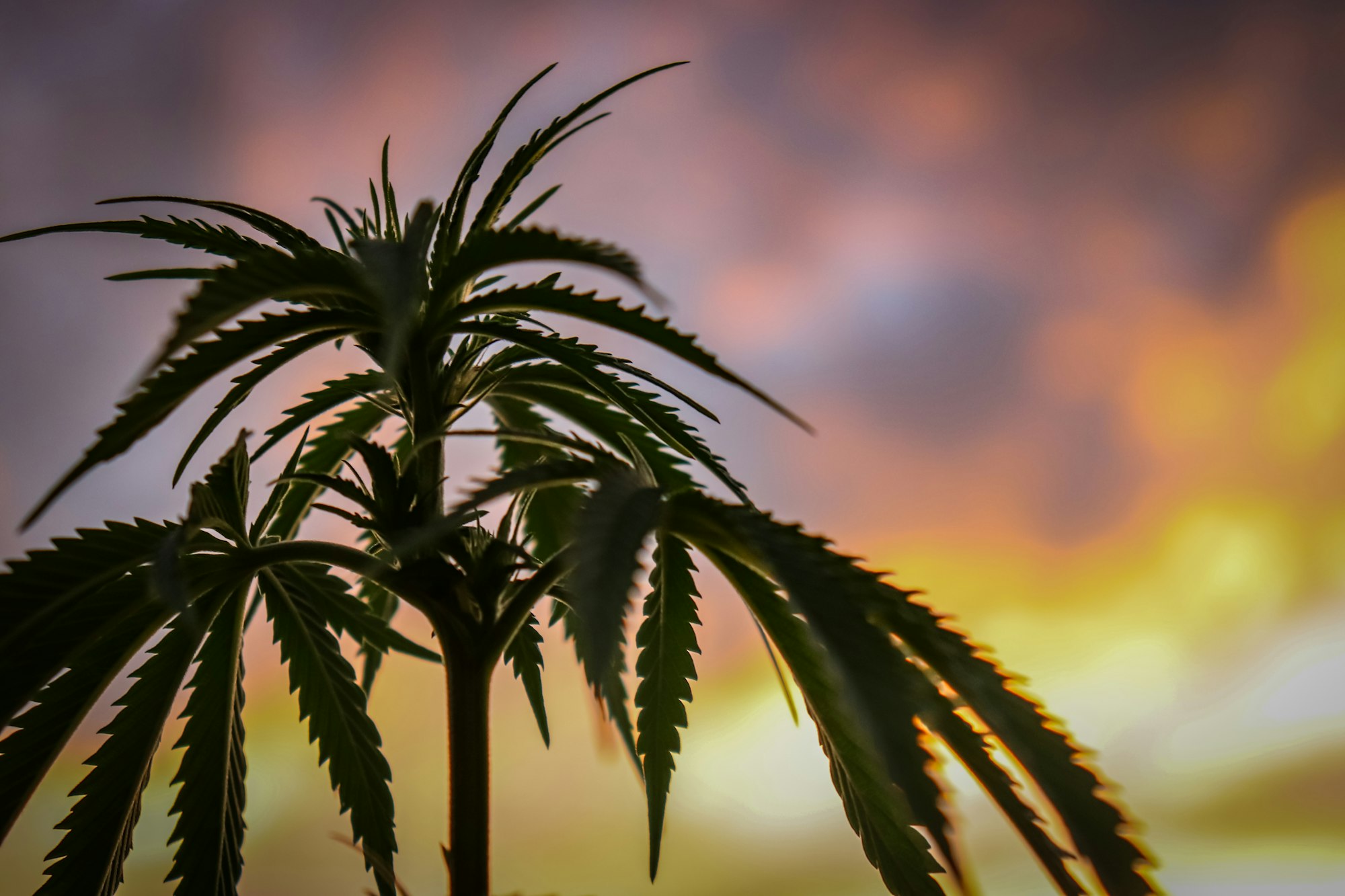How the partial legalisation of Cannabis in Germany drives economic growth
In Germany, the handling of cannabis has changed considerably since 1 April due to the passing of a new law and the associated removal of cannabis from the Narcotics Act. This has had a significant impact on the economy, particularly on the cannabis-related industries.

Since 1 April, the handling of cannabis in Germany has changed considerably with the passing of a new law and the resulting removal of cannabis from the Narcotics Act. This has a significant impact on the economy, especially on the cannabis-related sectors. A distinction can be made between three segments of the cannabis market: Cannabis for recreational use, medical cannabis and industrial cannabis.
The legalisation is expected to reduce judicial and law enforcement costs associated with cannabis. Due to the reduced legal restrictions, the cannabis and hemp industry is expected to grow and the number of consumption-related offences is expected to decrease as the public becomes more tolerant of cannabis use in certain areas.

This could also be supported by the new draft law, the Industrial Hemp Liberalisation Act (Nutzhanfliberlalisierungsgesetz), which, among other things, aims to abolish the highly controversial “intoxication clause” (Rauschklausel) integrated into the original new cannabis law, which required proof of non-abuse for intoxication purposes and therefore led to legal disputes, raids and the destruction of harvests with low THC content.
The industry assumes that this will simplify the regulations and improve the conditions for indoor cultivation. In addition, farmers will no longer have to worry about cultivation. This would mean that CBD flowers would suddenly be available everywhere (at every kiosk). By making hemp more widely available and facilitating the use of hemp in various products, people would probably also talk more about hemp. In other words, legalisation can help break down existing stigmas by making people more able to talk about and educate themselves and others about possible side effects and positive uses.

Impact on the different segments of hemp
Hemp is a very special plant whose benefits are usually not as well known as they deserve to be. For example, hemp not only requires significantly less water than cotton - 2,123 litres per kilogram compared to 9,758 litres - but also produces 3 tonnes per hectare, compared to 1.35 tonnes for cotton. This makes hemp a more sustainable and economical option that has less impact on the environment and supports Germany's climate goals. As mentioned at the beginning, hemp has a variety of applications, hence the division of the hemp market into three segments that will be individually affected by the new law.

Industrial hemp, known for its low THC content and rapid growth up to five metres, is heralded by industry experts like Jürgen Neumeyer, Managing Director of the Cannabis Industry Association (BvCW). Neumeyer predicts a significant economic upturn in the industrial hemp sector due to its versatility and sustainability. Hemp can be processed into fibre composites for the automotive industry, building insulation, and even biodegradable plastics, offering substantial CO2 reduction potentials in Germany.

The partial legalisation has also eased the regulatory framework for medical cannabis, used predominantly in pain management. The reclassification means that doctors can now prescribe cannabis without the stringent controls previously required, which classified it as a narcotic.
The impact on the recreational cannabis market can be seen, for example, in the rapidly growing number of cannabis clubs. The establishment of cannabis clubs will further boost economic activity, as these clubs require suitable facilities and year-round growing equipment. There has also been an increase in consumer interest in cannabis seeds, cuttings and growing equipment since legalisation. A minimum investment of €500 is recommended for effective home cultivation, increasing the demand for suitable products and expertise.

Conclusion
The new German Cannabis Law is an important step towards recognising the economic and environmental benefits of hemp and modernising the regulations for industrial, medical and recreational cannabis. However, the legal situation remains in flux. Further steps such as the Industrial Hemp Liberalisation Act (Nutzhanfliberalisierungsgesetz) will create new business opportunities and contribute to sustainability efforts.


